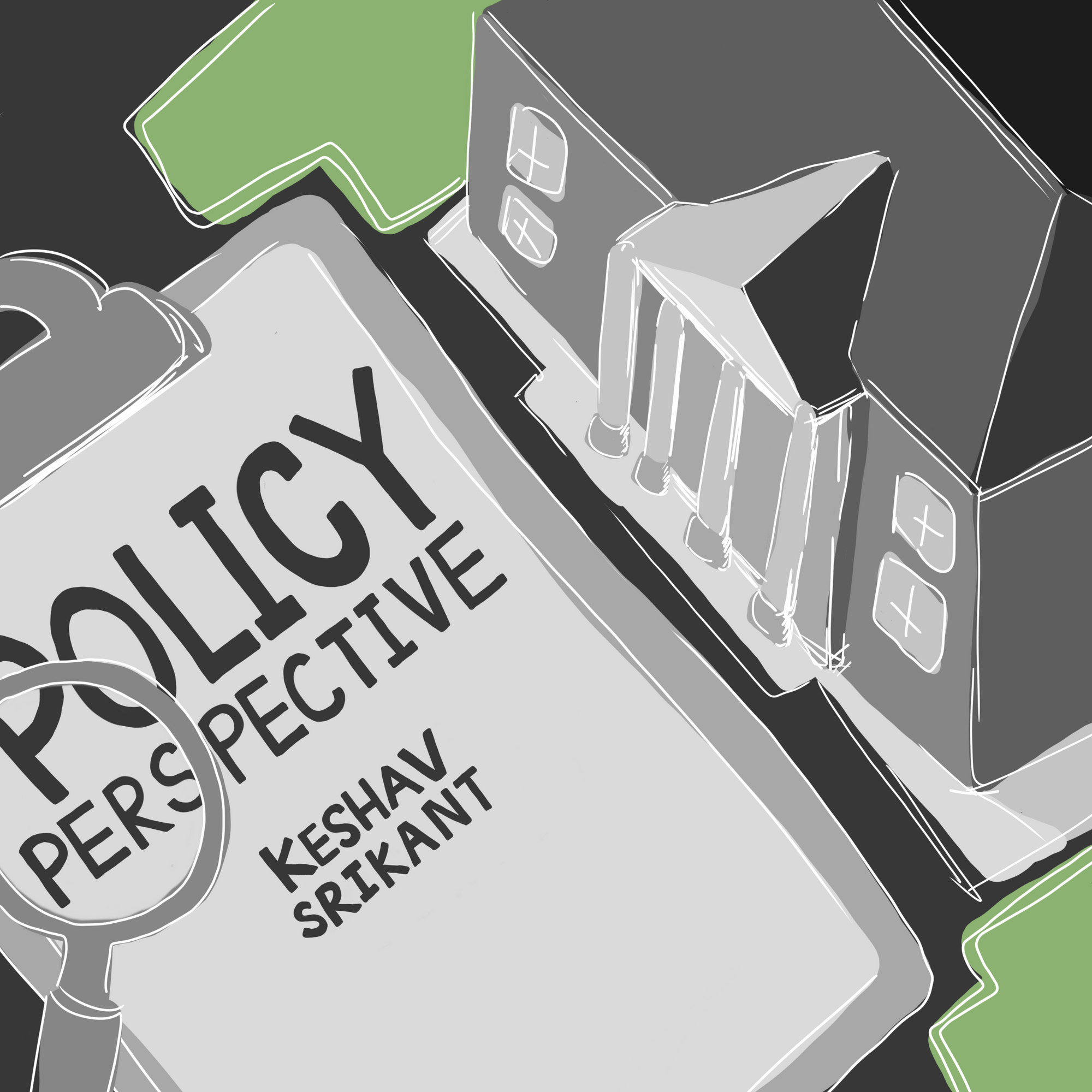As many of us look forward to flying home for Christmas, there’s one part of the journey that we dread: hearing the announcement that our flight has been delayed or canceled. Flight delays and cancellations have become an increasingly common part of the air travel experience; in the summer of 2023, 61% of travelers had experienced a flight delay or cancellation and most of those travelers lost money due to those cancellations or delays. Flight cancellations also increased in 2022, and there have been several massive flight cancellation events, such as Southwest’s infamous meltdown during the last holiday season.
The reasons for these hassle-causing delays and cancellations are many and complex. Airlines have blamed weather events and the Federal Aviation Administration. After severe storms this summer caused massive delays, United Airlines CEO Scott Kirby said “the FAA frankly failed us” and criticized the FAA for “staffing issues and their ability to manage traffic.” After Southwest canceled over a thousand flights in October 2021, the airline also blamed bad weather and an “FAA-imposed air traffic management program.”
Meanwhile, the Department of Transportation and the federal government have largely blamed the airlines. After Southwest’s meltdown last Christmas, the DOT called the cancellations “unacceptable” and President Biden vowed to hold airlines accountable. The DOT went on to launch an investigation into whether Southwest had created unrealistic flight schedules to increase profits.
The real blame for increased delays and cancellations is shared between airlines, governments and other factors. Airlines are somewhat responsible: A major factor of delays is labor and staffing shortages within the airlines themselves. In Southwest’s case, many analysts say the airline’s organizational failures are to blame for the meltdown. However, airlines are correct that bad weather is largely responsible for delays and cancellations, and bad weather has increased due to climate change. Airlines are also correct in noting that there is a shortage of air traffic controllers, and there have been reports of air traffic control operators being overworked.
While airlines aren’t solely responsible for the delays and cancellations themselves, they are fully responsible for the way they’ve treated consumers affected by them. Most of the 61% of the passengers affected by delays or cancellations this summer lost some money as a result of the delay or cancellation. However, airlines largely don’t offer compensation for large delays as it is not mandated by law. DOT regulations do mandate compensation for passengers who choose not to fly due to “significant” delays, but they confusingly do not specify what constitutes a significant delay. Meanwhile, airlines aren’t even refunding passengers for canceled flights (which is mandated by law), which has caused consumer complaints against airlines to more than triple since 2019.
The DOT should continue its efforts to ensure that airlines pay passengers promptly for canceled flights. However, it should also speed up its consideration of mandating consumer compensation for delays. Such regulations are common outside the U.S.: In the European Union, airlines are mandated to compensate passengers up to 600 euros depending on the distance and length of the flight delay. These regulations would likely incentivize airlines to make operational choices to reduce delays, as such a rule would shift the cost of delays from consumers to airlines. Even if such regulations don’t reduce delays, they would at the very least make air travel a better experience for passengers across the country.






